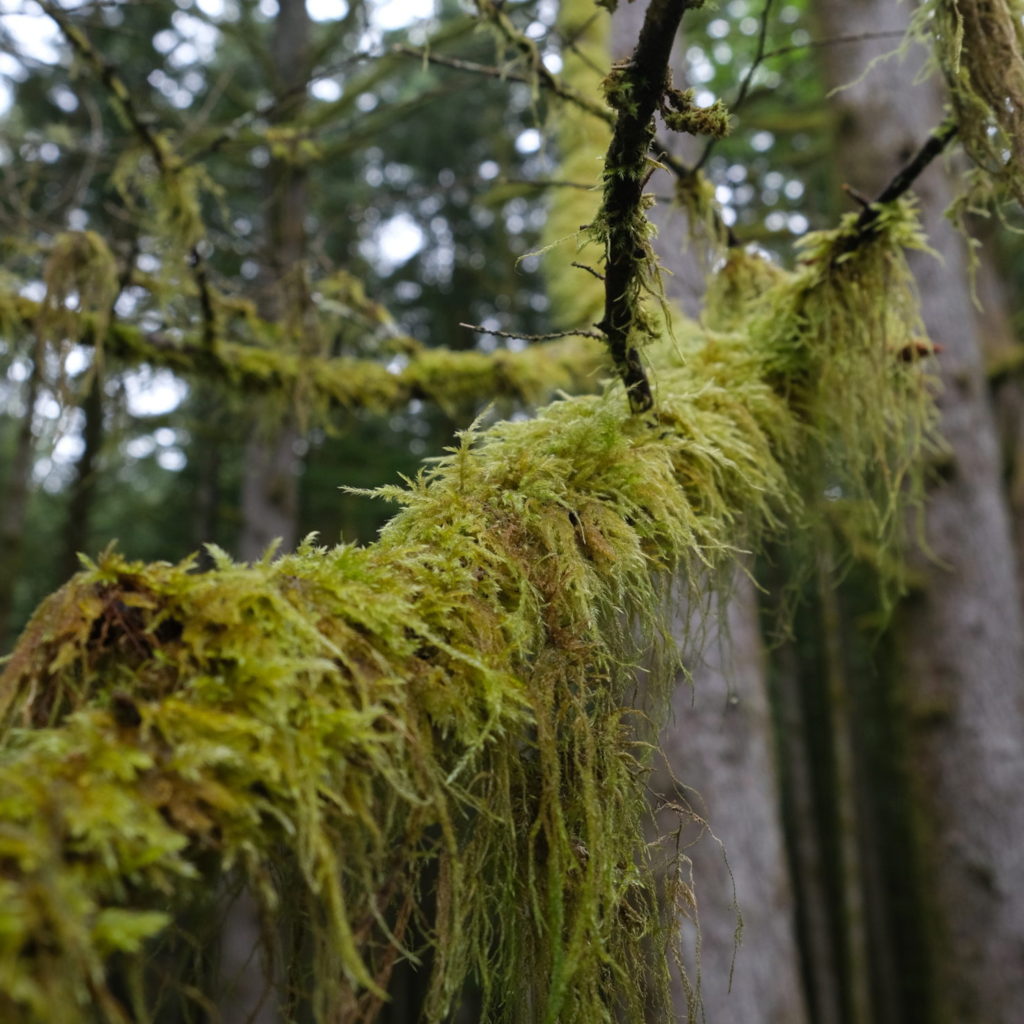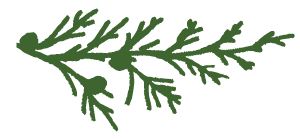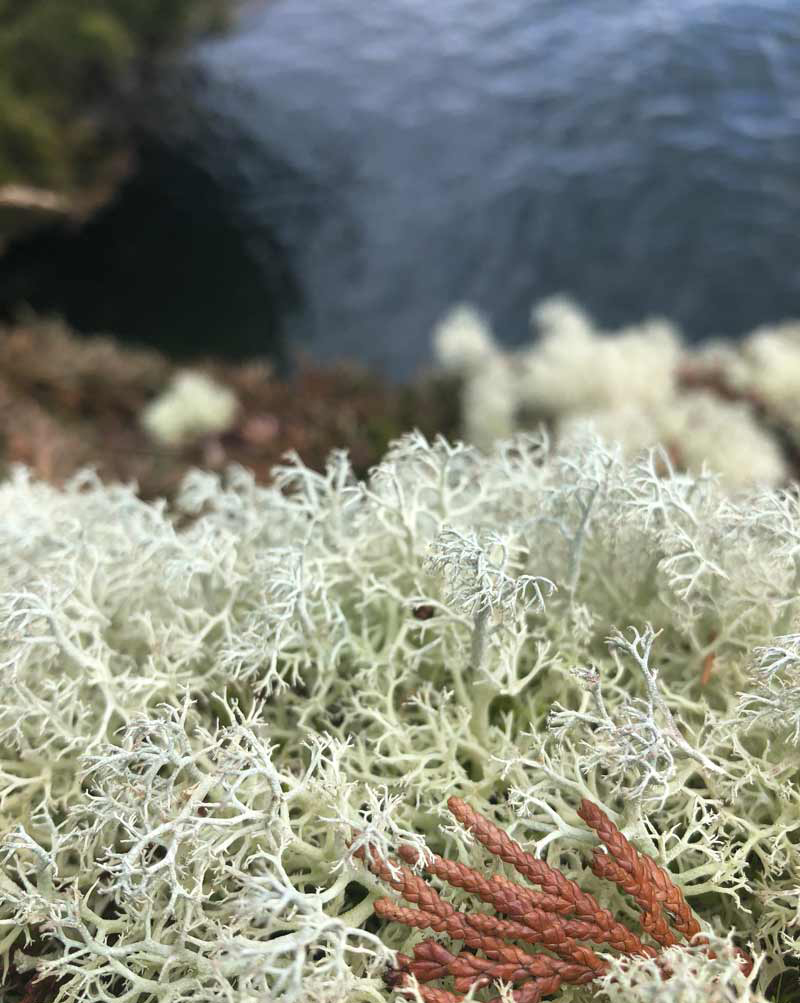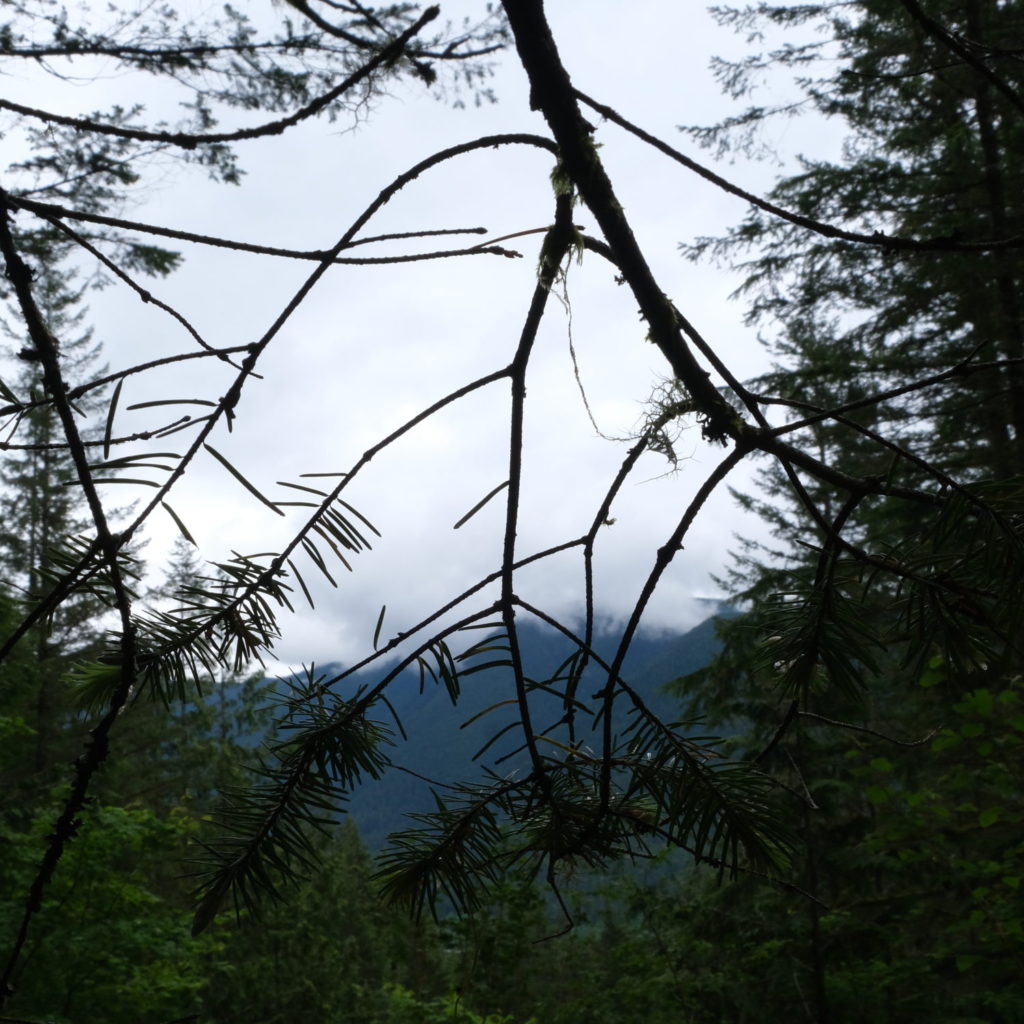Land Acknowledgment & Protocols
Thank you for visiting our Land Acknowledgment page. We encourage you to take the time to expand the acknowledgments prepared by our community leaders.

Elder & Dr. Roberta Price

As taught to me by my Elders, even when you are married into a Nation and have family, when you wish to speak and share work you always give thanks to the Host Nation. This is why you will always hear me speak the same honour and thanks. Thank you for listening.
Click to expand • Elder & Dr. Roberta Price’s full Land Acknowledgment
Huy ch q’u Siem sii em nu siiye’yu, Greetings and Welcome Everyone.
As Coast Salish Matriarch & Elder, I wish to give a warm thank you to all my relatives on the xʷməθkʷəy̓əm (Musqueam), Sḵwx̱wú7mesh (Squamish) and Səl̓ílwətaʔ (Tsleil-Waututh) for welcoming me to live in the unceded territory of my relatives, xʷməθkʷəy̓əm in Richmond, for 41 years now.
As Coast Salish Matriarch and Elder, I wish to give each and every one a very warm welcome, who live, work and play on the unceded, ancestral & occupied territory of my relatives, xʷməθkʷəy̓əm, Sḵwx̱wú7mesh and Səl̓ílwətaʔ, and those who are visiting this website from other ancestral Indigenous lands on which you live. I wish to share that wherever you may live, work and play, please take time to reflect and give honour and thanks to all the Ancestors of those lands.
I also wish to share a very warm welcome to this virtual home, which honours the wonderful works and experiences of many people in prison. Please enter with respect and enjoy your visit.
Elder & Dr. Roberta Price

Elder Jean Wasegijig

I would like to acknowledge the land I live and work on, the unceded and occupied territory of the xʷməθkʷəy̓əm (Musqueam), Sḵwx̱wú7mesh (Squamish), and səl̓ilw̓ətaʔɬ (Tsleil-Waututh) Peoples who have been stewards of this land from time immemorial.
Click to expand • Elder Jean Wasegijig’s full Land Acknowledgment
My name is Jean Wasegijig and my traditional name is Good Medicine Woman, given to me at a Sundance Ceremony. I am Odawa First Nation from the Wikwemikoong Reserve in northern Ontario.
Boozhoo (Greetings).
Welcome to the ART & Justice website. I am one of the Elders on this team, supporting Indigenous and non-Indigenous incarcerated men and women. For Indigenous Peoples, not only is art a cultural voice, but art promotes healing, pride and acknowledgment of who you. For everyone, art creates a sense of accomplishment from an art piece well done, or from expressing thoughts and feelings in a poem. Art is a journey within. It is a solitary life in prison, and this project recognized this and the need to reach out and create an outlet for change and healing.
Enter this space with an open mind and heart, and know that you are welcome to visit us here! Listen to the expression of art and where it takes you, and imagine where the artists are on their journey of self-discovery and making a difference in their lives. May the Creator continue to bless you and guide on your healing journey.
Miigwetch (Thank you),
Elder Jean Wasegijig

ART & Justice Land Acknowledgment

ART & Justice is conducted in partnership with diverse Indigenous communities, Elders, Knowledge Keepers and advocates, both within and outside the walls of federal prisons. Foundational to this work is our recognition of the immense harm that diverse Indigenous Peoples across so-called Canada continue to face because of historic, ongoing and policy enforced colonialism and genocide.
Click to expand • ART & Justice’s full Land Acknowledgment
The lands we live and work on are unceded, stolen, and occupied. For the settlers on our team, our presence and privileges come at the expense of Indigenous Peoples individual and collective health, and the complex web of relationships and responsibilities that have supported Indigenous life, wellbeing, joy, and strength since time immemorial. Acknowledging the territories and lands we are on requires accountability and meaningful action towards reconciliation and upholding the human rights of Indigenous Peoples in all aspects of our work. For the settlers on our team working to act as allies, this means speaking truthfully about the displacement of Indigenous Peoples and recognizing their inherent sovereignty and relationships with the lands we work on to collectively dream a better world.
The University of British Columbia, Vancouver campus, is situated on the stolen and occupied lands of the xʷməθkʷəy̓əm (Musqueam), and our team lives, meets, connects, and works on the lands of the xʷməθkʷəy̓əm, Sḵwx̱wú7mesh (Squamish), Səl̓ílwətaʔ (Tsleil-Waututh), S’ólh Téméxw (Stó:lō), sq̓əc̓iy̓aɁɬ təməxʷ (Katzie), kʷikʷəƛ̓əm, sc̓əwaθenaɁɬ təməxʷ (Tsawwassen) and Kwantlen Nations and Peoples, throughout the Lower Mainland and Fraser Region of so-called British Columbia.
Our work is also done in partnership with the Correctional Service of Canada; specifically, the federal prisons that exist on the stolen and occupied lands of Stz’uminus, S’ólh Téméxw (Stó:lō), Kwantlen, Nuxwsa’7aq (Nooksack) Peoples and the Nations of the Hul’qumi’num Treaty Group. We acknowledge the direct links between colonial land theft and forced starvation, the Indian Residential School System, Indian and Tuberculosis hospitals, the 60s Scoop, the contemporary Canadian child apprehension system and the current unjust and disproportionate representation of Indigenous Peoples, and inequitable treatment and outcomes, across each stage of the prison system. The bones of our prison system are colonial, and we must name this as we work to create opportunities for Indigenous holism, healing, and creativity within and outside the prison walls.
The academics on our team also carry the history of exploitative and harmful research, conducted on the non-consenting bodies of Indigenous Peoples throughout our colonial history. Academic institutions are founded on colonialism and continue to create and sustain colonial harms through extraction, stereotyping, and a narrow focus on harm and deficits, instead of strength, compassion, and creativity. We acknowledge this and our role in undoing these harms through our daily actions and responsibilities.
Kelsey Timler, settler researcher, on behalf of the ART & Justice team
